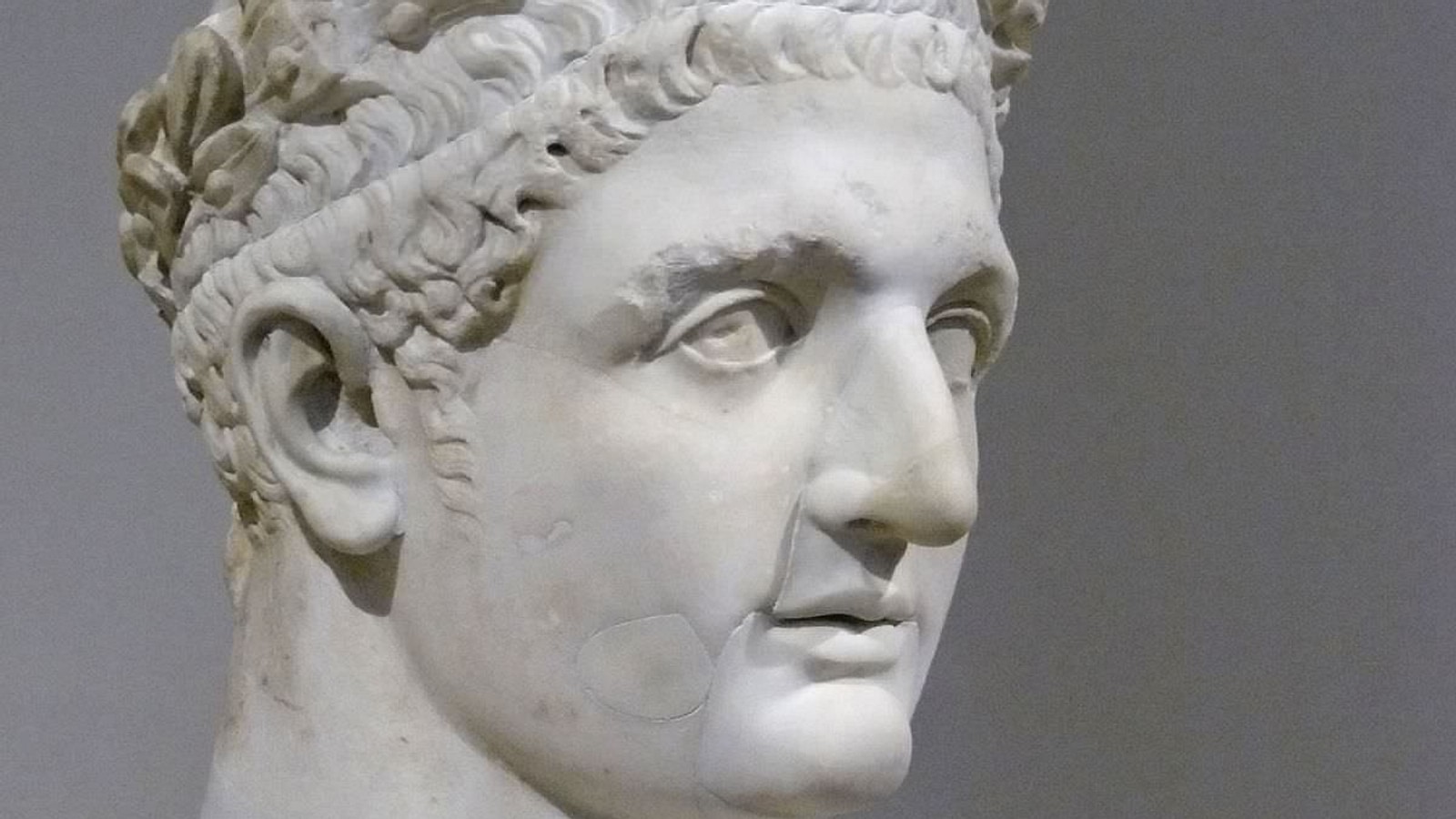Domitian, whose full name was Titus Flavius Domitianus, stands out in Roman history as a complex and controversial figure. As the third and final ruler of the Flavian dynasty, his reign was marked by both prosperity and tyranny, leaving a lasting impact on the Roman Empire. In this detailed article, we delve into the life, reign, and legacy of Domitian, shedding light on his rise to power, his policies, and the enduring mysteries surrounding his rule.
When was Domitian emperor?
Domitian ascended to the imperial throne in 81 AD, following the death of his brother Titus. Despite initial doubts about his ability to govern, Domitian quickly asserted his authority and set about implementing his vision for the empire.
Domitian's full name, Titus Flavius Domitianus, reflects his familial ties to the Flavian dynasty. Born into a distinguished lineage, Domitian was the son of Emperor Vespasian and the younger brother of Emperor Titus. His ascent to power marked the culmination of his family's political ambitions and solidified their place in Roman history.
As dominus, or "lord," of the Roman Empire, Domitian wielded absolute authority over its vast territories and diverse peoples. His rule was characterized by a strong emphasis on law and order, as well as a fervent commitment to traditional Roman values and customs.
Domitian statue.
Throughout his reign, Domitian sought to cultivate an image of strength and authority. Sculptures and statues depicting him as a stern and resolute leader were erected throughout the empire, serving as symbols of his power and prestige.
Dominus et Deus, meaning "Lord and God," was a title that Domitian adopted during his reign, reflecting his desire for divine recognition and reverence. This grandiose title was indicative of his autocratic tendencies and his belief in the divine right of kingship.
Despite his accomplishments, Domitian's rule was not without controversy. His authoritarian tendencies and harsh treatment of perceived enemies earned him the enmity of the Roman aristocracy and led to several assassination attempts. The Senate, in particular, viewed him with suspicion and resentment, fearing his consolidation of power and erosion of their authority.
In the realm of policies and governance, Domitian pursued a conservative agenda aimed at restoring traditional Roman values and institutions. He implemented economic reforms, expanded public works projects, and bolstered the military, all in an effort to strengthen the empire and maintain its stability.
Domitian's death in 96 AD marked the end of the Flavian dynasty and ushered in a period of uncertainty and transition for the Roman Empire. His assassination, orchestrated by members of the Senate and the Praetorian Guard, brought an abrupt end to his reign and left a vacuum of power in its wake.
Domitian remains a figure shrouded in both admiration and controversy. His reign, though marked by tyranny and oppression, also saw significant achievements in governance, infrastructure, and military expansion. Whether remembered as a tyrant or a visionary leader, Domitian's legacy continues to be debated and scrutinized by historians to this day, offering valuable insights into the complexities of power and governance in ancient Rome.




